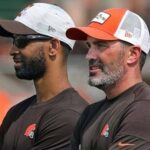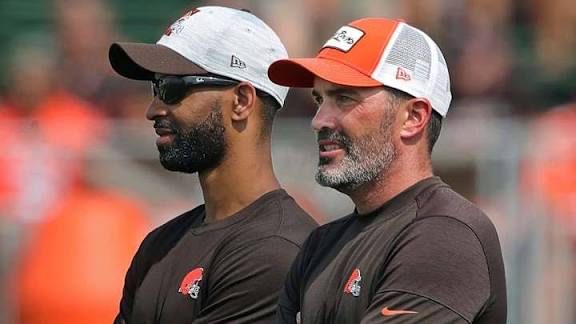
All competitive golfers long for the sensation of freedom, some kind of temporary immunity from the never-ending threat of negative thoughts that tighten muscles and maddeningly steal a player’s relaxed best.
Even Rory McIlroy, that paragon of the unencumbered full wallop and the perfectly balanced finish, shares that wish. And maybe—because his mega talent brings a commensurate degree of expectations, because his genial nature resists shutting out the public and press for a more single-minded focus, and because he misses and would love to recapture the momentous golf he could play when it was easier to feel free—especially Rory McIlroy.
While the current World No. 2’s place in the World Golf Hall of Fame was assured when he won four major championships in four years to join Jack Nicklaus and Tiger Woods as the only golfers to have that many before the age of 26, McIlroy’s actual playing peak was reached with the first two of those victories, the 2011 U.S. Open at Congressional and the 2012 PGA Championship at Kiawah Island.
Both were eight-stroke romps with identical 72-hole totals of 16-under-par 268, but the 22-year-old McIlroy’s brilliance at Congressional seemed nothing short of dawning genius, the major championship performance most reminiscent of the 21-year-old Woods winning the 1997 Masters by 12 shots. That indelible image of McIlroy in full flight remains the reason why—13 years later—his potential is still more intriguing than his prodigious accomplishments.
“I just think how free-flowing it was,” McIlroy told NBC’s Smylie Kaufman last month as he intently watched the iconic replay of the 6-iron swing on the final day of that U.S. Open that nearly produced a hole in one, causing Johnny Miller to rhetorically enthuse “How good are you?” “I still think it’s the best four days of golf I think that I’ve ever played. How much I cleared my hips. How much I just released it … the more free I can play, usually the better it is.”
The moment and the feat have aged well. And the Northern Irishman’s Congressional/Kiawah dynamic double up with its cumulative margin of victory by age 23 comprises a more explosive career blastoff than those of Gene Sarazen, who at age 20 won two majors; of Nicklaus, who captured his third major at 23; and of Jordan Spieth, who got two in 2015 at age 21. The only stripling start that outdoes McIlroy goes back to Young Tom Morris, who beginning at age 17 in 1868, won four straight Open Championships by a total of 29 strokes.
Rory McIlroy hoists the U.S.Open trophy after his eight-shot victory at Congressional in 2011.
David Cannon
But if McIlroy is ever to achieve a place among the game’s all-time greats, he will have to win more majors. A Masters victory would make him only the sixth player to complete the career Grand Slam. But even with a Masters, McIlroy would need two more major wins, and without it, at least three more, to be considered in the top 10.
To do so, recapturing the sense of freedom he felt at Congressional will be vital, a feeling that increased expectations helped make elusive after his two runaways. By following so closely behind Woods at a time when Tiger had lost his own major mojo, McIlroy was expected to assume Woods’ mantle and do Woodsian things.
Which he did by coming back to win two more majors in 2014, but without quite the same magic. In the final round of the Open Championship at Hoylake, McIlroy saw a seven-shot lead get cut to two with five to play, but he held his nerve to win. A month later, at the PGA at Valhalla—site of this week’s PGA—he came back from three behind Rickie Fowler at the turn, fueled by an eagle at the 10th hole, and hung on with a shaky par 5 on the 18th in the gathering darkness to win by one.
After that victory, something changed. Remarkably, in the 10 calendar years since Valhalla, McIlroy is 0-for-35 in the majors. He has 20 top-10s, including 10 top-fives—both the most of any player in that period.
Was Tiger Woods’ mysterious bounce at the 2000 PGA Championship caused by fan interference? Investigating one of golf’s greatest conspiracy theories

